We'll delve into the realm of bolting in this interactive tour, learning its causes and how it affects your garden. But that's not all; we'll also provide you with useful tactics and insider knowledge to stop this annoying phenomenon from ruining your summer crop. Prepare to dive in and learn the tricks to keeping your garden alive, delicious, and bolt-free whether you're a seasoned gardener or just getting started. Are you prepared to find the secret to a successful summer garden? Let's get going!
What is bolting?

Bolting is the term for a condition in plants, especially in herbs and vegetables, where the plant grows a flowering stalk and sets seed too early. Typically, it happens in response to environmental stresses like high temperatures, long sunshine hours, or other irritants. The plant's adaptive response to secure the survival of its species through seed production is called bolting. However, bolting is frequently undesirable from a gardener's standpoint because it degrades the flavor and quality of edible crops.
The flavor, softness, and general quality of the harvested component, such as the leaves or roots, deteriorate when a plant bolts because its energy is diverted to seed development. Gardeners frequently use techniques like planting at the right time of year, providing enough shade, or, to reduce or avoid this occurrence, using plants that are less prone to bolting.
What Are The Causes For Plants Bolting In The Summer Season

Implementing preventive measures and guaranteeing a plentiful and delectable summer harvest depend on an understanding of the causes and effects of bolting. You can preserve the flavor and quality of your plants all season by addressing the root causes of bolting.
- High temperatures: Many plants might experience bolting as a result of excessive heat. Plants interpret extended exposure to high temperatures as a cue to reproduce and set seeds, which results in the growth of flower stalks.
- Day Length: The duration of daylight has an impact on some plants. Some plants interpret the lengthening of the summer days as a signal to change from vegetative development to blooming and seed production.
- Age or Maturity: Plants naturally begin the process of bolting as part of their life cycle as they grow older or reach a specific level of maturity. Biennial plants, which normally finish their life cycle in two years, are the ones where this is more frequently seen.
- Stress: A variety of stresses, including drought, nutritional shortages, and insufficient spacing, can cause plants to bolt. Stressed plants prioritize reproduction in order to maintain the survival of their species.
How Does Bolting Affect Your Plants?
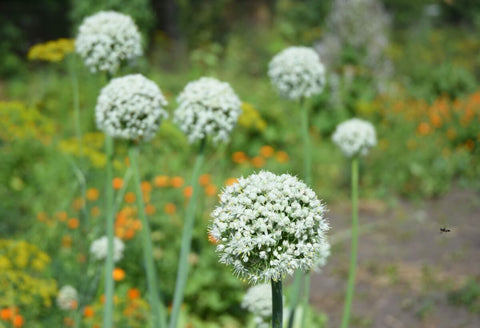
- Reduced Quality: When plants bolt, their energy is redirected away from generating edible portions like leaves, roots, or fruits and instead goes into making flowers and seeds. As a result, the harvested pieces' quality, flavor, and texture can deteriorate.
- Bitterness: Bolting may result in a rise in the bitterness of leafy vegetables and herbs. This is because the plant's chemical makeup changes as it switches its attention from flavor production to reproduction.
- Toughness: Bolting plants frequently develop a harder and less sensitive texture. This is most apparent in leafy greens, which can develop fiber and lose their appealing texture.
- Shorter Harvest Window: A shortened harvest window is the result of bolting, which quickens the natural life cycle of plants. This shortens the window of time during which the crops can develop and taste their best.
How to Prevent Bolting?

Here are some practical techniques to reduce bolting in your summer garden and maintain the quality and productivity of your plants:
- Choose Plant Varieties That Are Specially intended to Resist Bolting: Pick plant varieties that are specifically intended to resist bolting. These cultivars are more likely to spend a longer time in the vegetative growth phase and are frequently referred to as "slow-bolting" or "bolt-resistant" variants.
- When to Plant: To give your plants time to establish and flourish before the arrival of strong heat, plant them early in the season or when it's cooler. This prolongs the productive time and helps to prevent bolting.
- Provide Enough Shade: Use shade cloth or place your plants in a container to protect them from the sun's direct rays during the warmest portion of the day.
- Proper Watering: Keep soil moisture levels constant to avoid water stress, which can cause bolting. Deeply and evenly water your plants so that they receive enough moisture without the soil becoming soggy.
- Adequate Spacing: Plant your crops with adequate spacing to promote healthy air circulation between plants. Crowding can enhance stress and heat retention, which encourages bolting.
- Mulching: To help control soil temperature, hold onto moisture, and lessen weed competition, spread a layer of organic mulch around your plants. Bolting may be prevented by mulching since it helps to provide a more steady growing environment.
- Appropriate Fertilization: Use nitrogen-rich fertilizers sparingly since too much nitrogen can encourage leaf growth and increase the danger of bolting. Choose a balanced fertilizer instead, or add compost, to supply vital nutrients without promoting quick growth.
- Quick Harvest: Regularly gather your crops while they are at their most mature stage. Faster harvesting delays bolting by preventing plants from focusing their energy on flowering and seed formation.
- Successive Planting: Space out your plantings to provide a steady stream of fresh vegetables. By doing this, you'll have younger plants growing that are less likely to bolt if some do.
By putting these precautions into practice, you may reduce the likelihood of bolting in your summer garden and benefit from a longer harvest of high-quality, tasty crops. Keep in mind to keep a careful eye on your plants and to alter as necessary to meet the unique requirements and characteristics of the plant varieties you are cultivating.
Gardening is a lifelong learning process. As you put your newly acquired knowledge to use, pay attention to how your plants react and make any necessary adjustments. Now is the time to create a sanctuary where your plants flourish and your harvest is plentiful and flavorful.
For all your gardening needs, go to AllThatGrows. Happy Gardening!


 Sign In
Sign In



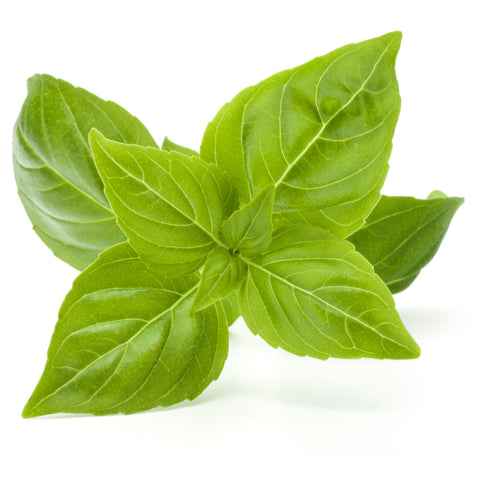
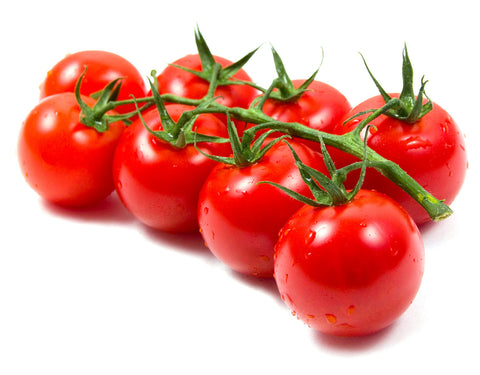
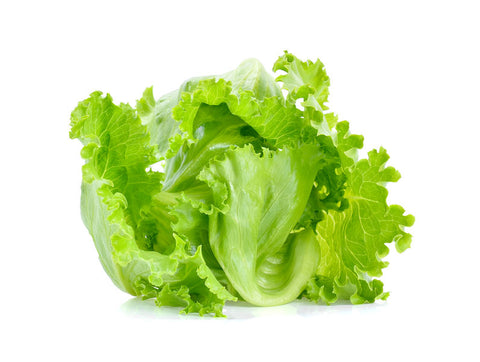
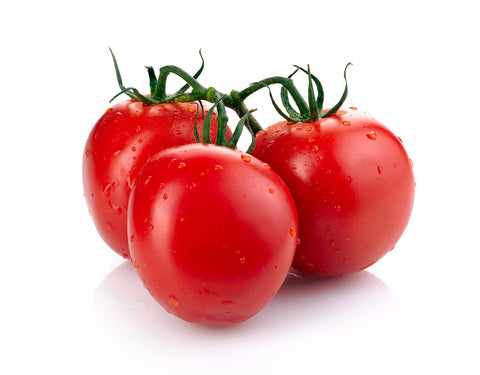
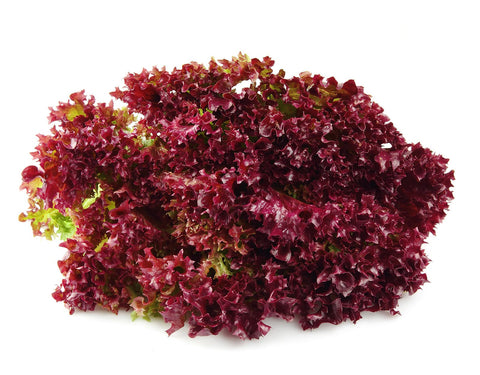
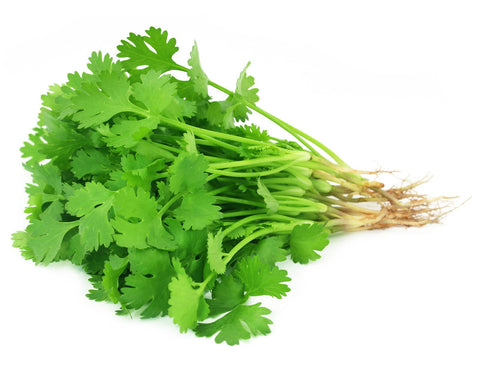
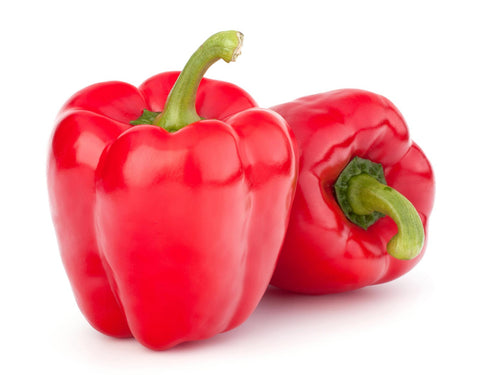

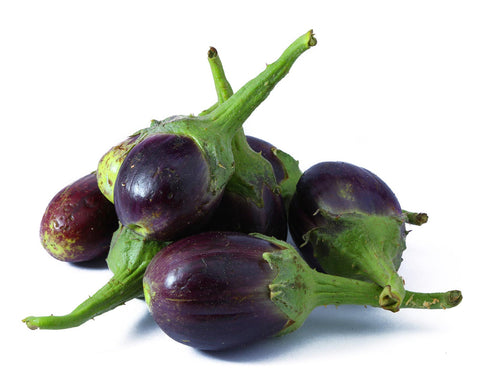
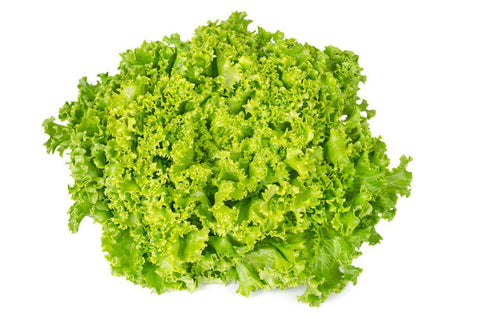
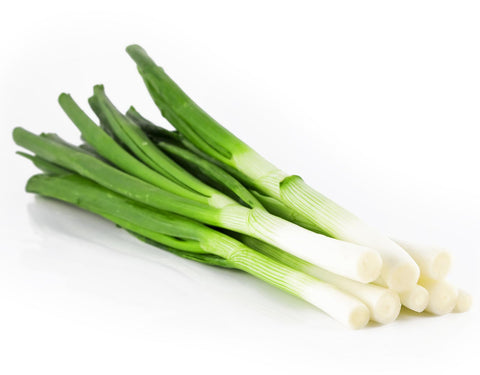

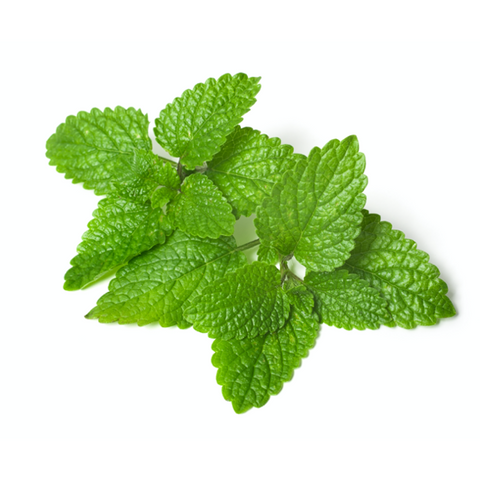
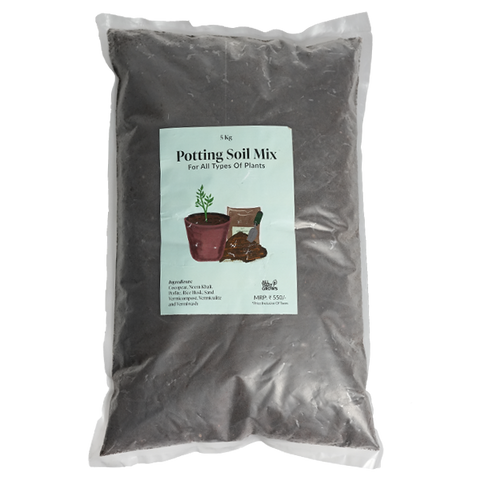
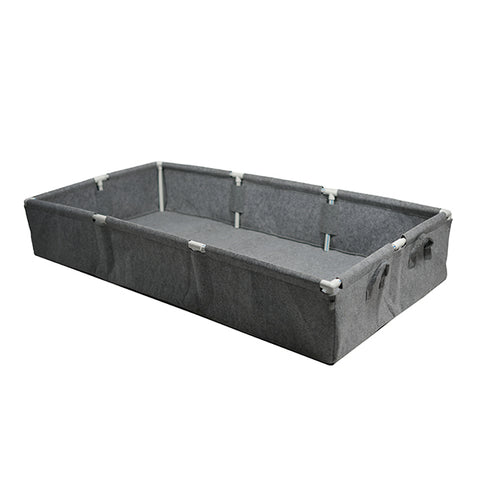
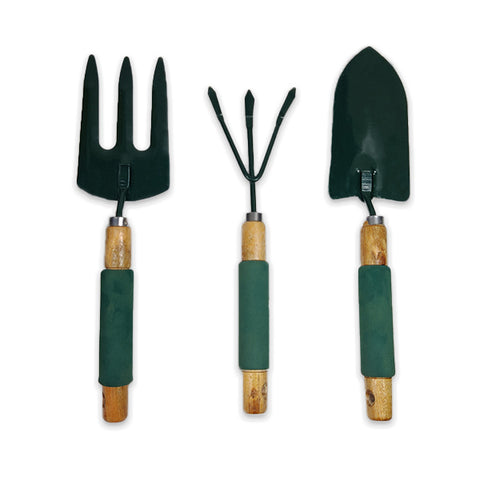






Let us know your feedback
* Comments must be approved before being displayed.